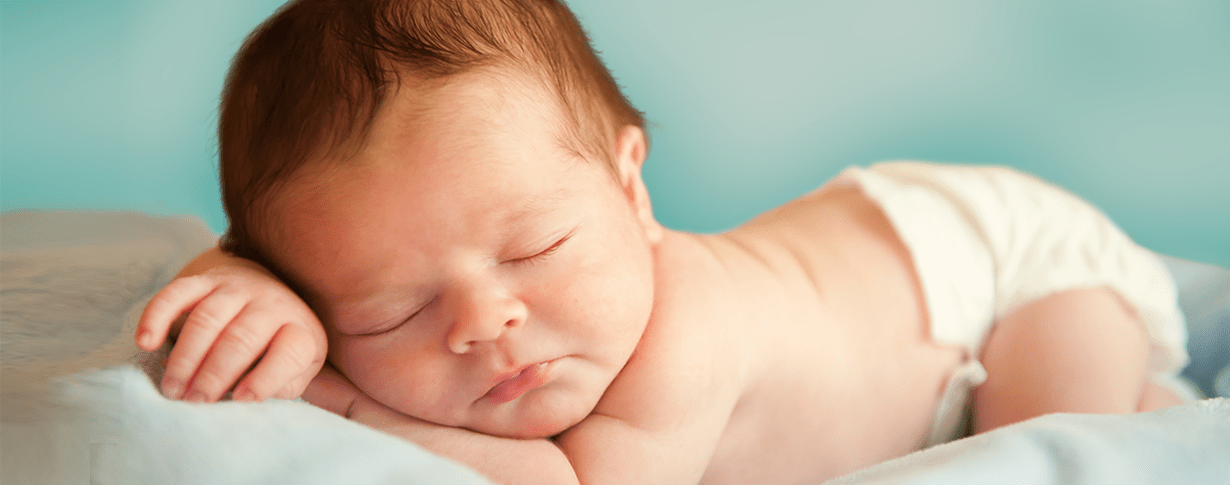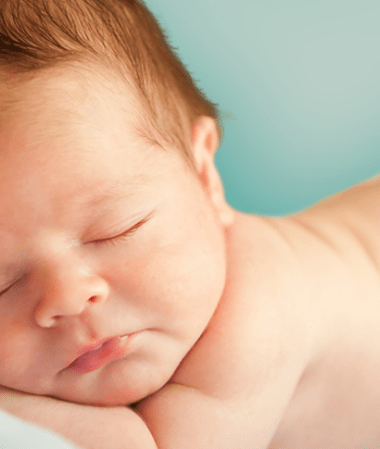Nutrition and Care for Babies
It is recommended that the newborn start breastfeeding as soon as it is born . If the
breast milk is too little and insufficient in the first 24-48 hours, will the baby have hypoglycemia and other problems? If so, what should I do to prevent it?
In term newborns, even if the mother’s milk is insufficient in the first 48-72 hours, they do not need any support such as sugar water or formula, since their body stores are sufficient. But premature, intrauterine growth retarded babies are more prone to hypoglycemia and other problems. Such babies should be monitored for blood sugar; If it cannot be done, 10% dextrose or suitable formula should be given orally at intervals for a few days until the amount of breast milk increases. A nursing mother should drink 8-12 glasses of water a day and get 2300 -2700 calories. Smoking should not be used.
How should the navel care of the newborn be done?
Solutions such as alcohol can be used 2-3 times a day for newborn navel care.
What should be the recommended time and frequency for the first bath?
It is recommended not to bathe babies immediately after birth. Only if the mother has HIV positivity, genital herpes, hepatitis B antigen positivity, the baby should be washed immediately after birth. For the first bath, the belly is expected to fall. If there are suitable conditions, the baby can be washed every day, otherwise every other day. Bath temperature should be 37-38 °C, room temperature should be 27-28 °C.
Do all babies need additional vitamins? (Even if it’s a summer baby) If yes, how long should it continue?
Every baby should be given vitamin D until they turn one and a half years old. Being a summer baby doesn’t affect that. In addition, if the baby needs iron drops, it is started and continued until the age of 1 year.
Complementary food is not recommended for infants receiving breast milk, including water, for the first 6 months. What are the unusual circumstances that disrupt this?
It is unnecessary to give formula in the first 6 months in addition to breast milk, except for the mother’s use of drugs that are excreted in the milk, which may harm the baby, or if she has a serious illness. Additional formula may be considered if weight gain is insufficient during follow-up.
How should baby bottles be cleaned?
Sterilization is the most ideal way to clean baby bottles. If a sterilizer is not available, baby bottles can be boiled in a container of water. Glass feeding bottle and silicone cap should be preferred.
What are the exact criteria for diagnosing “inadequate” for breast milk? If it is really insufficient, how should the nutrition be?
Insufficiency of breast milk should be decided by body weight monitoring. If an increase of 20-30 g/kg per day cannot be achieved and a decrease is seen in the graph, additional nutrition can be started.
Why is pacifier use not recommended?
Although there are publications that the use of pacifiers causes premature cessation of breast milk, it is also mentioned that the pacifier accelerates the baby’s falling asleep by causing the release of endorphin-like endogenous substances in the baby and reduces the restlessness. It is also recommended to provide alertness and sucking habits with a pacifier for 10 minutes before breastfeeding in babies who are premature or have developmental delays, and have problems such as drowsiness and sucking for a short time.
How should breast care be done, what is its importance?
Daily body cleaning, shower and bath are sufficient for breast care of the mother. Cleaning is not necessary before each feeding. It should be kept in mind that breast milk remaining in the breast may predispose to infection there. For this reason, when breastfeeding is finished, it is important to clean the nipple by cleansing it from milk and to keep it dry. If there is a nipple problem such as cracks or irritation, suitable ointments should be used, but it should not be forgotten to wipe before breastfeeding.
How can working mothers continue to breastfeed, and how should milk be stored in a healthy way?
Working mothers should be encouraged to breastfeed alone until they are at least 6 months old. While it is easier for part-time working mothers, full-time working mothers can also express their milk. If breast milk is frozen in the refrigerator for 24 hours, it will keep its freshness for 3 months.
Gazlı bebekler için ne yapılabilir?
Gaz sancısı genelde geceleri ve aynı saatlerde başlar. Her beslenme sonrası bebek anne kucağında dik tutulup sırtı sıvazlanarak gazı çıkartılmalıdır. Gaz damlaları kullanılabilir.
Yenidoğanda kabızlık neye bağlı olur? Tedavide izlenecek yol ne olmalıdır?
Yenidoğanda kabızlık seyrek görülür. Kabızlığın tanımı önemlidir. Haftada iki defadan daha seyrek ve sert kıvamlı kaka yapmak kabızlık kabul edilmelidir. Anne sütü alan bebeklerde 6. haftadan itibaren günlük kaka yapma sayısı azalabilir. Tek başına bu yakınma kabızlık değildir. Yalnızca anne sütü alan bebek gerçekten kabız ise en sık neden anal fissürdür. Mama değişikliği ya da tek başına ticari mama ile beslenme kabızlığa neden olmaktadır. Karın şişliği, kusma, beslenme bozukluğu, aralarda ishal dönemleri olmadıkça megakolon gibi hastalıklar düşünülmemelidir. Zeytinyağı verilmesi, anal bölgenin nazikçe uyarılması geçici çözümlerdir. Zeytinyağının aspirasyon riski, anal bölgenin uyarılmasının da travmatik olabileceği unutulmamalıdır. Anal fissür varsa sıcak oturma banyosu, anal bölgeye anestetik pomatlar ve çok sert kaka yapıyorsa laktüloz içeren şuruplar verilebilir. Bu durumlarda mutlaka doktor kontrolü gerekir.
Doctor Follow-ups
Samples are taken for jaundice, hematocrit, blood group, and screening tests when the baby is 3-5 days old after birth. Doctor control should be done within the first week. Until the age of six months, a doctor’s control is required every month. Afterwards, control periods are determined according to the doctor’s decision.







